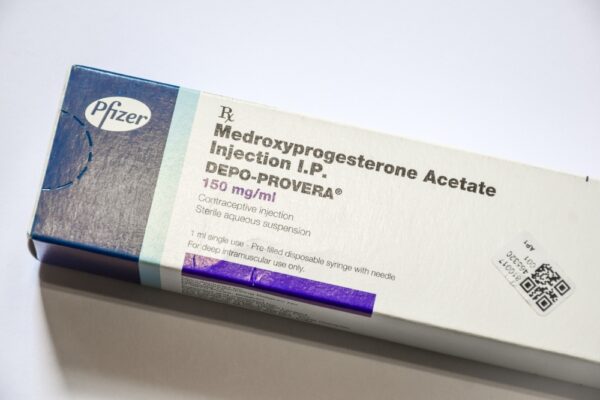In Marso v. Homeowners Realty Agency, No. 16CA1521, (2018 COA 15) the Colorado Court of Appeals takes on the question.
Emily Dilbeck (“Dilbeck”) who was employed by Homeowners Realty, Inc., d/b/a/ Coldwell Banker Home Owners Realty, Inc. (“Coldwell”), acted as Sam and Audrey Marso’s (“Marsos”) agent in their purchase of a house. When the Marsos bought the house, they did not know that the builder used radioactive uranium mill tailings as fill material. Two years later, the Marsos discovered that uranium tailings had been used, creating a potential health hazard. The Marsos filed a complaint against Dilbeck and Coldwell alleging negligence against Dilbeck and Respondeat Superior liability against Coldwell.
Before it went to trial, the Marsos settled with Dilbeck for $150,000. The settlement expressly preserved all claims against Coldwell, and a jury trial was then held only between the Marsos and Coldwell.
The jury was told to find the total amount of damages sustained by the Marsos and was not told about the settlement with Dilbeck. The jury returned a verdict of $120,000 against Coldwell. In post-trial proceedings, the trial court set off the settlement payment of $150,000 against the $120,000 jury verdict, resulting in no money for the Marsos. Because the settlement was larger than the jury verdict, the court entered judgment in favor of Coldwell and later entered a cost award against the Marsos of approximately $30,000.
Right after it found out about the settlement between Dilbeck and the Marsos, Coldwell moved to amend its answer to assert the affirmative defense of setoff. The Marsos claim that the trial court erred when it set off the settlement payment against the jury verdict. The Colorado percentage statute does not apply when, as here, one party (Coldwell) is vicariously liable solely under the doctrine of Respondeat Superior and not because the party itself violated any legal duty. The Amount Statute does likely apply here. The General Assembly enacted the statute to reduce double recoveries and to prevent a defendant from benefitting from the plaintiff’s purchase of insurance or other indemnity. The Supreme Court held that the amount statute does not apply to compensation paid to avoid the risk of being held liable in tort.
Under the applicable common law, any payment made in compensation of a claim for a harm will reduce the liability of the remaining defendants, whether or not the person making the payment is the liable person. Therefore, the setoff is affirmed.
The Marsos say the trial court erred when it set off the settlement payment before statutory prejudgment interest accrued on the jury verdict. The Court agrees. Because the tortious conduct happened more than eight years ago, had the interest accrued properly, the Marsos would have likely been the prevailing party. The judgment is reversed and the case is remanded for further proceedings.

Nationally recognized litigation attorney Thomas Metier practice areas include traumatic brain injuries, spinal cord injuries, trucking accidents and motor vehicle accidents. He is licensed to practice in Colorado, Wyoming, the U.S. District Court–District of Colorado, and the U.S. District Court–District of Wyoming, the 10th Circuit Court of Appeals and the U.S. Supreme Court.













Comments for this article are closed.